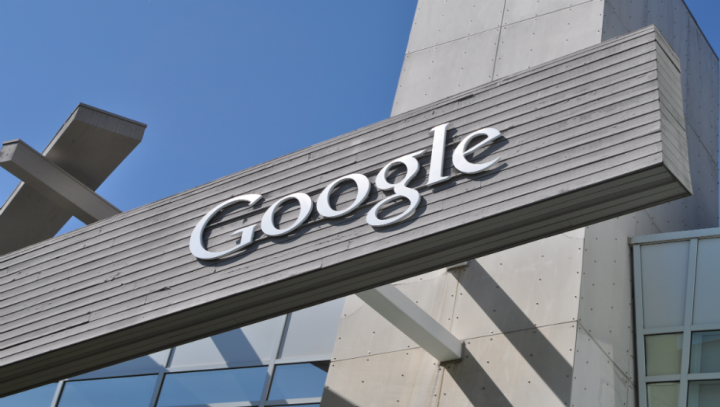
In a move that could disrupt how Google and other search-engine operators work across Europe, the European Union Court of Justice ruled that Google is forced to remove personal information hosted on third-party websites from its search engine results when requested to do so.
This ruling follows a case in Spain when Mario Costeja González could not secure the deletion of an auction notice for his repossessed home back in 1998, which was on the website of a Spanish newspaper in mass circulation. González argued that, because the matter, which involved having the house auctioned off in order to recover his social security debts, was resolved, it should no longer be linked to him when searching his name on Google.
Google refused to do so, as with other plaintiffs, so the original case was brought to the European Union Court of Justice, the highest court in the European Union. Plaintiffs argued their “right to be forgotten,” which should give them the opportunity to have outdated information about them removed from search engines. The original article or website doesn’t have to be altered, according to the ruling. Rather, only search results would be affected.
According to the court, Google is “obliged to remove links to Web pages” under certain circumstances. “If, following a search made on the basis of a person’s name, the list of results displays a link to a Web page which contains information on the person in question, that data subject may approach the operator directly.” While search-engine operators don’t have to comply with every request, individuals can go to their national data-protection authorities to have them order the removal of the links.
Google isn’t very happy with the ruling.
“This is a disappointing ruling for search engines and online publishers in general,” said Google spokesperson Al Verney to the Wall Street Journal. According to Verney, Google will review the implications of the ruling, though law firm Wilson Sonsini Goodrich & Rosati partner Christopher Kuner believes this will have wide implications for the Internet itself and how it’s used. “It sets up a system whereby search engine providers have to, when requested, take down instances of persons names, independently of what the website they’re indexing does.”

